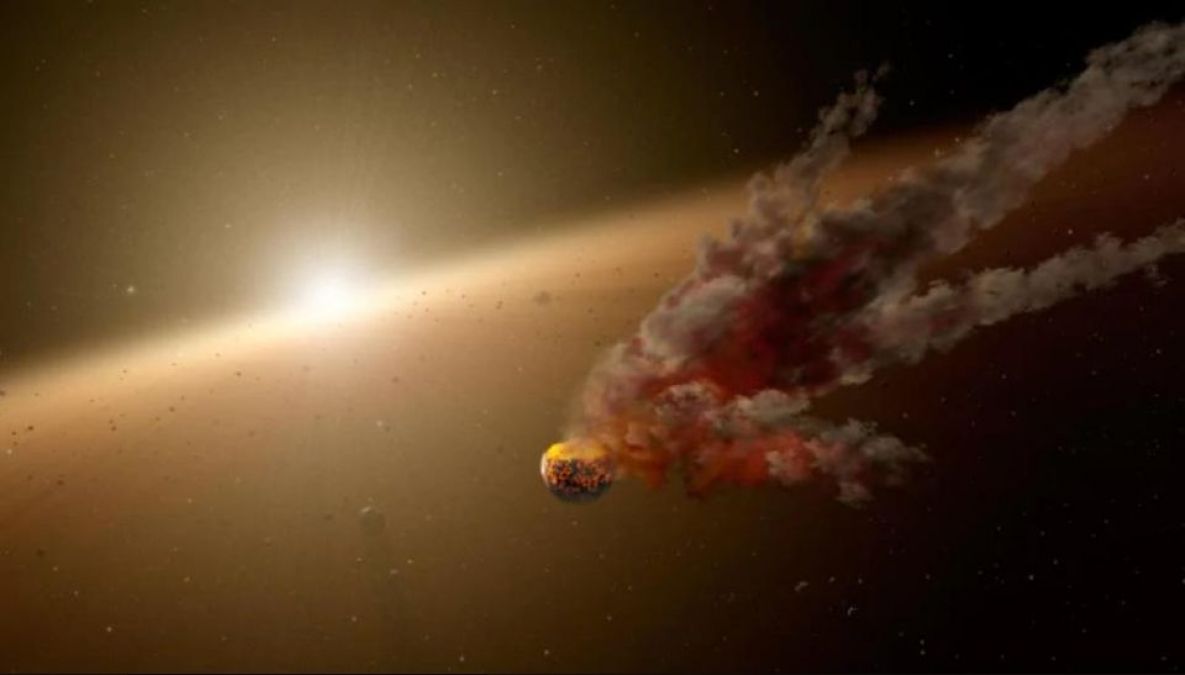
It is remarkable how the mysteries of space continue to make us reevaluate our theories of the universe, and in this case the beginning of our own solar system. Scientists have found an “alien” grain of dust that survived the birth of our solar system. The tiny speck of stardust was found inside of a chondritic meteorite in Antarctica, having originally been hurled into space by an exploding star that died even before our own sun existed.
also read: Flipkart Flipstart Days sale: grab great discount on these devices
"As actual dust from stars, such presolar grains give us insight into the building blocks from which our solar system formed," said Pierre Haenecour, lead author of the research published in Nature. "They also provide us with a direct snapshot of the conditions in a star at the time when this grain was formed."
Little pieces of grain like the new discovery are thought to help create the early mix of materials that helped form the sun and our planets – and, eventually, life. But they are rarely seen because it is so difficult for them to survive the chaos of the beginning of a solar system.
The Antarctic meteorite was found and collected by NASA and later analyzed by scientists at the University of Toronto.
They used state-of-the-art microscopes to study the atoms that make up the space rock and found a small fragment containing an odd mix of graphite and silicate grains.
It turns out the tiny piece of material is stardust, which scientists have named LAP-149.
It’s thought to have formed 4.5 billion years ago following a violent star death known as a supernova explosion.
Now scientists hope the small and lucky grain could offer an insight into the conditions that helped form everything that surrounds us.
also read: Facebook joins research to study the impact of social media on elections